Hours after nightfall in Tehran, the commander of Iran's Islamic Revolutionary Guard Corps picked up the phone and ordered the start of Operation True Promise.
Before reading the names of senior Iranian military officers killed in the Israeli raid on the Iranian embassy in Damascus on April 1, Major General Hossein Salami, commander of Iran's Islamic Revolutionary Guard Corps (IRGC), chanted a verse from the Koran.
"Fight them. Allah will punish them with your own hands. He will defeat them and give you victory," he said.
Minutes later, the attack began. More than 300 drones and missiles began an hours-long flight over nearly 2,000 kilometers toward Israeli territory.
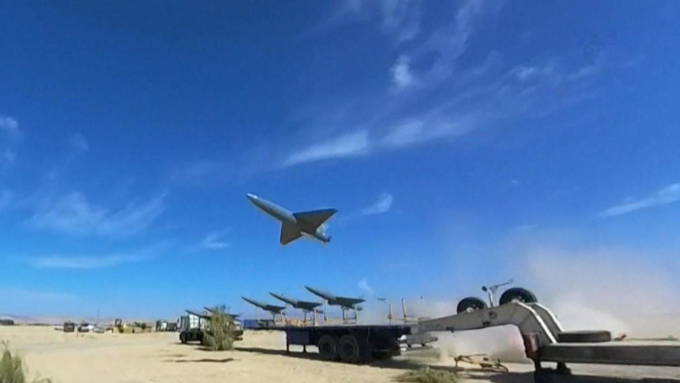
Iranian military launches a UAV during an exercise. Photo: Tasnim
This is the first direct confrontation between the two most powerful armies in the Middle East, after decades of quietly confronting each other through assassinations and proxy forces.
With the Iranian attack on the night of April 13 and the early morning of April 14, the conflict was pulled out of the shadows. In Tehran, many people rushed to gas stations and grocery stores, while some flocked to Palestine Square to raise Israeli and Palestinian flags. In Isfahan, people cheered as a missile flew over the grave of General Mohammad Reza Zahedi, who was killed in a strike in Damascus earlier this month.
Upon hearing of Iran's attack on its ally Israel, US President Joe Biden hastily cut short his weekend vacation to return to the White House, worried that this was just the beginning of an all-out war between Tel Aviv and Tehran.
In Israel, where the attack was long anticipated, Prime Minister Benjamin Netanyahu's Wing of Zion plane took off from Nevatim air base to safety just before the Iranian missiles arrived.
At the same time, dozens of Israeli fighter jets and defense systems were activated to intercept the attack, with the support of British, Jordanian and American allies.
At 8:00 p.m. on April 13, locals saw the Israeli Prime Minister's motorcade quickly leave the home of his billionaire friend in Jerusalem, where Mr. Netanyahu and his wife were staying on the Sabbath.
What happened next was probably exactly as Iran had planned. Across Iraq, Jordan and Lebanon, images of drones and missiles lighting up the night sky circulated on social media. Some people cheered enthusiastically, while a nightclub in Beirut stopped dancing to watch the weapons fly overhead.
Iranian UAVs and missiles are flying towards Israel on the night of April 13. Video : X/OSINTdefender
What Tehran is hoping for is a show of force that everyone can see in the dark, according to Holly Dagres, a senior fellow at the Atlantic Council in the US.
“In the eyes of the Iranian leadership, this operation was successful because they were able to attack Israel directly from Iranian territory and demonstrate that they control the skies,” Dagres said.
As the drones began their attacks, Israelis huddled in their homes or near bomb shelters. One Israeli joked about “the first direct flights from Iran to Israel since 1979,” referring to the year of Iran’s Islamic Revolution.
However, this humor seems to mask the Israeli fear that Prime Minister Netanyahu has repeatedly warned about over the past decade: that all-out war with Iran is inevitable.
Israeli air defenses fire to intercept UAVs in Hebron. Video: X/OSINTdefender
As Israel emerges from the attack with minimal damage, Prime Minister Netanyahu's response will determine whether the raid remains a mere tit-for-tat response or a stepping stone to the war he has long warned about.
Hours after General Salami launched the attack and Israeli air defense systems intercepted 99% of the enemy's weapons, Iran declared the campaign over and that they had completed their mission in response to the attack on the embassy in Damascus.
Around the same time, Mr. Netanyahu spoke by phone with President Biden.
"President Biden told the prime minister that Israel had really gone far with the interception. Israel had clearly demonstrated its military superiority," a senior US official said.
Israel has faced rocket attacks from Hezbollah and Hamas over the years and is protected by the Iron Dome system. Israelis are used to seeing it fire, tracking low-flying targets and creating huge explosions in the sky. But this is the first time Israel has been attacked by another country since 1991, when Iraqi leader Saddam Hussein fired dozens of Scud missiles at Tel Aviv and Haifa during Iraq’s conflict with the United States, Israel’s closest ally.
President George H. W. Bush successfully persuaded Prime Minister Yitzhak Shamir not to retaliate. This time, as Biden watched from the White House, at least 100 Iranian ballistic missiles streaked across the sky, just minutes from their targets in Israel.
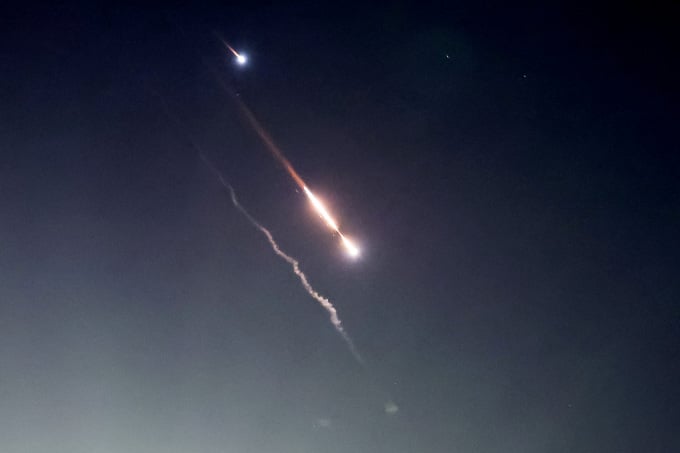
Burning debris after an Iranian UAV was intercepted by Israel over Jerusalem in the early morning of April 14. Photo: Reuters
Israel suffered minimal damage thanks to its sophisticated multi-billion dollar defense system. Israel's Arrow air defense system destroyed most of Iran's cruise and ballistic missiles, while Tel Aviv's allies intercepted the rest.
"The Iranians saw the fact that Israel has a very robust multi-layered missile defense system. And they probably also calculated that the attack would not cause too many casualties," said Sima Shine, a former official with Israel's Mossad intelligence agency.
The expert said Iran viewed the attack as a “showcase” of its capabilities, but did not want to escalate into a full-scale war. “The reality is that now we can sit and wait, consider not retaliating because the attack caused no casualties,” Shine said.
For many Israelis, however, it was still a sleepless night, as they anxiously watched the Israeli attack and wondered what might happen next.
In the Silwan district of East Jerusalem, Abu Karam, 45, said it felt like the whole neighborhood had come out to watch the attack. “Everyone was awake. You couldn’t look up at the red sky without being scared,” he said.
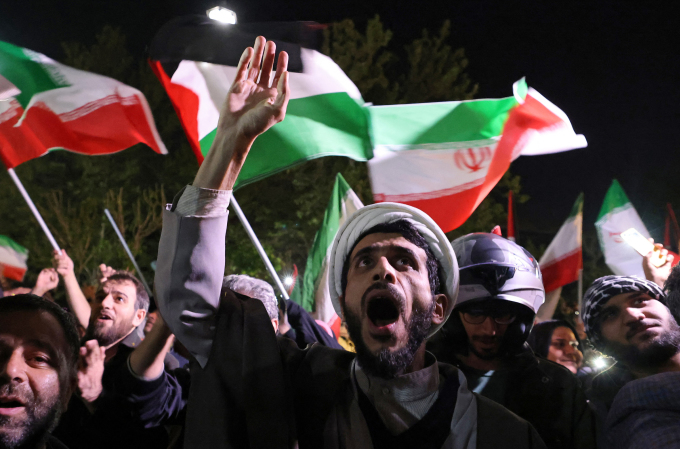
Iranians gathered in central Tehran chanting anti-Israel slogans after the country carried out the raid. Photo: AFP
Shaily Niv, a therapist at a hospital in Jaffa, turned on her phone on the evening of April 13 and saw news of the attack online. She panicked and quickly turned off her phone. Niv described the overnight attack as the latest worrying development in Israel, which made her feel the situation was out of control.
Many others, meanwhile, felt reassured by Israel’s effective interception system. Almost immediately after the Iranian attack ended after five hours, Israel returned to normal life. Citizens were allowed to leave their bunkers and all restrictions on public gatherings were lifted nationwide on the evening of April 15.
But the country is still at war with Hamas in Gaza. And in the north, as they have done almost daily for the past six months, Israeli warplanes continued to strike Hezbollah targets in Lebanon in response to that night’s rocket attack.
"We intercepted. We stopped the attack. Together we will win," Netanyahu declared on X Network after the Iranian attack, signaling that while the attack may be over, Israel's fight continues.
Thanh Tam (According to FT, Washington Post, Reuters )
Source link


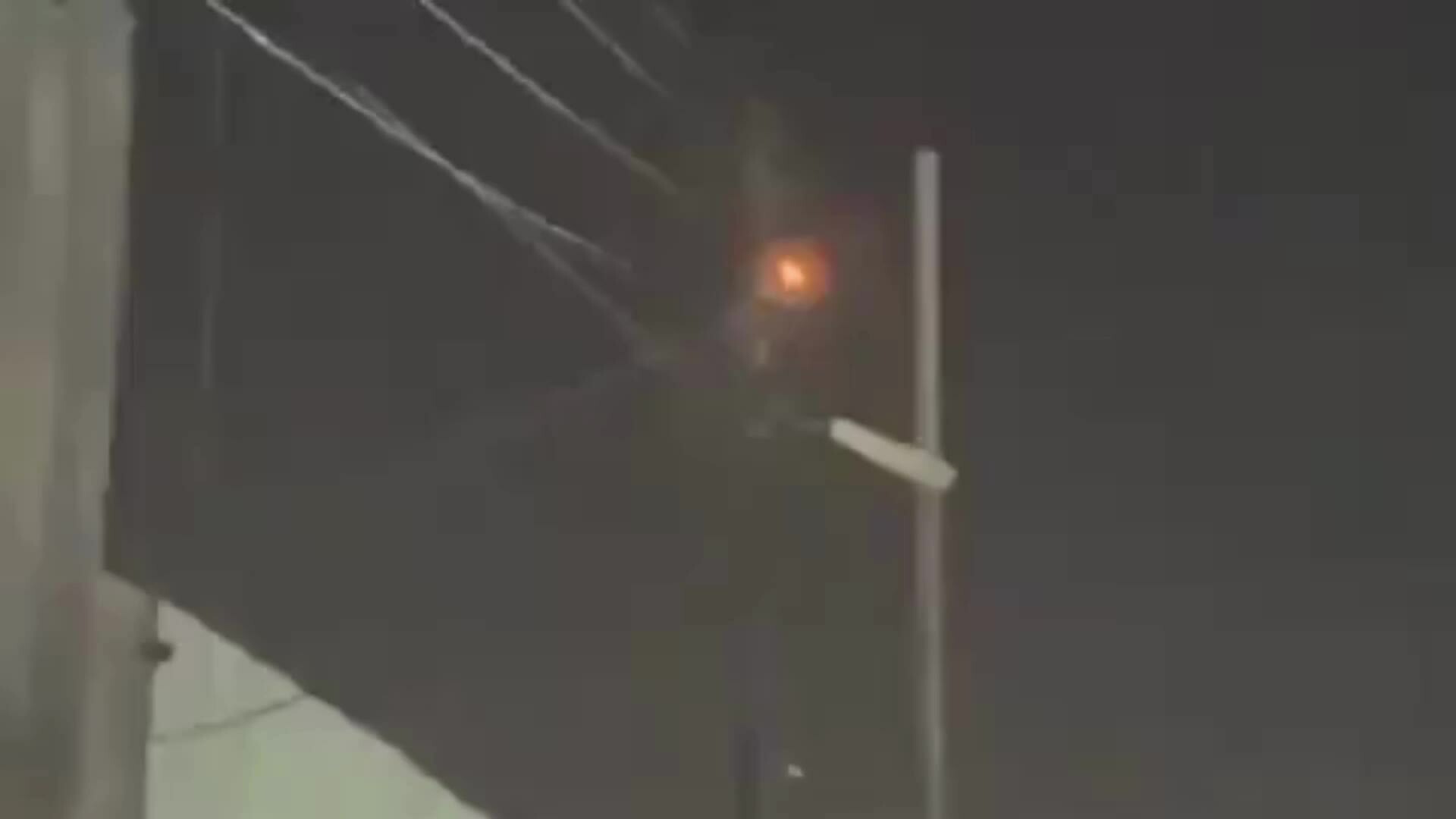
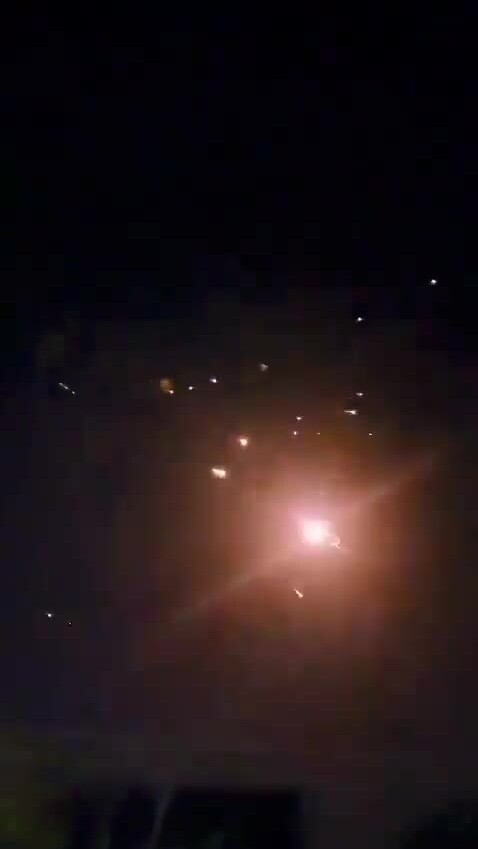




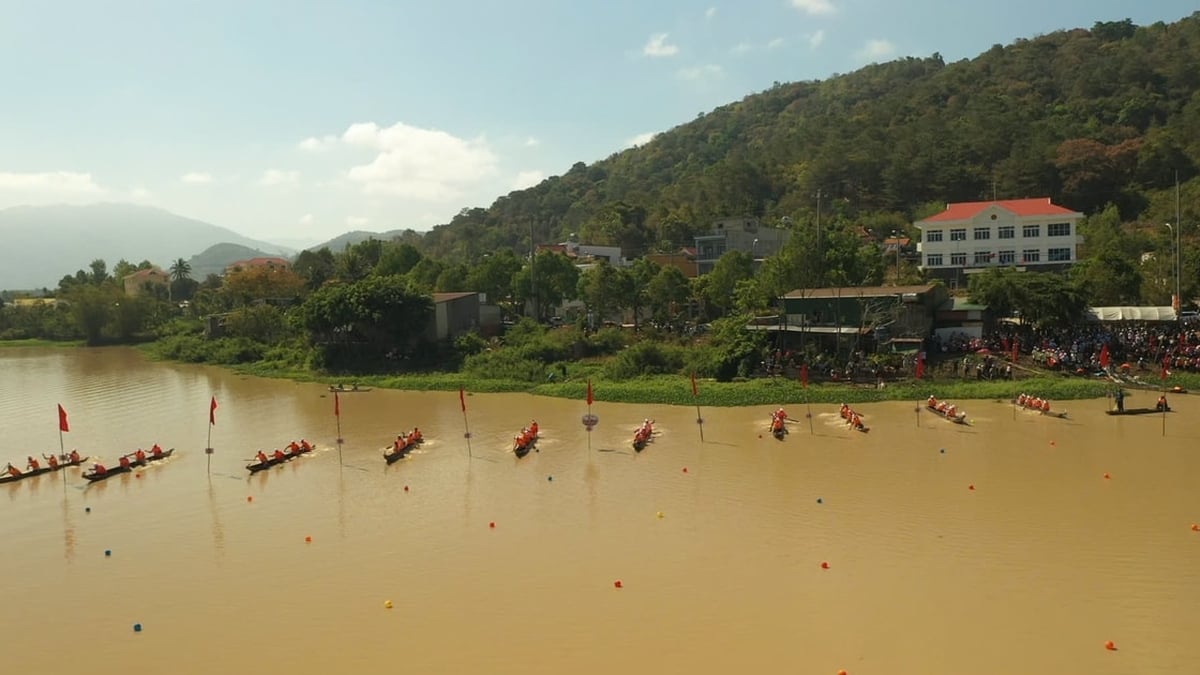




























































































Comment (0)